Famine threatens to return to North Korea
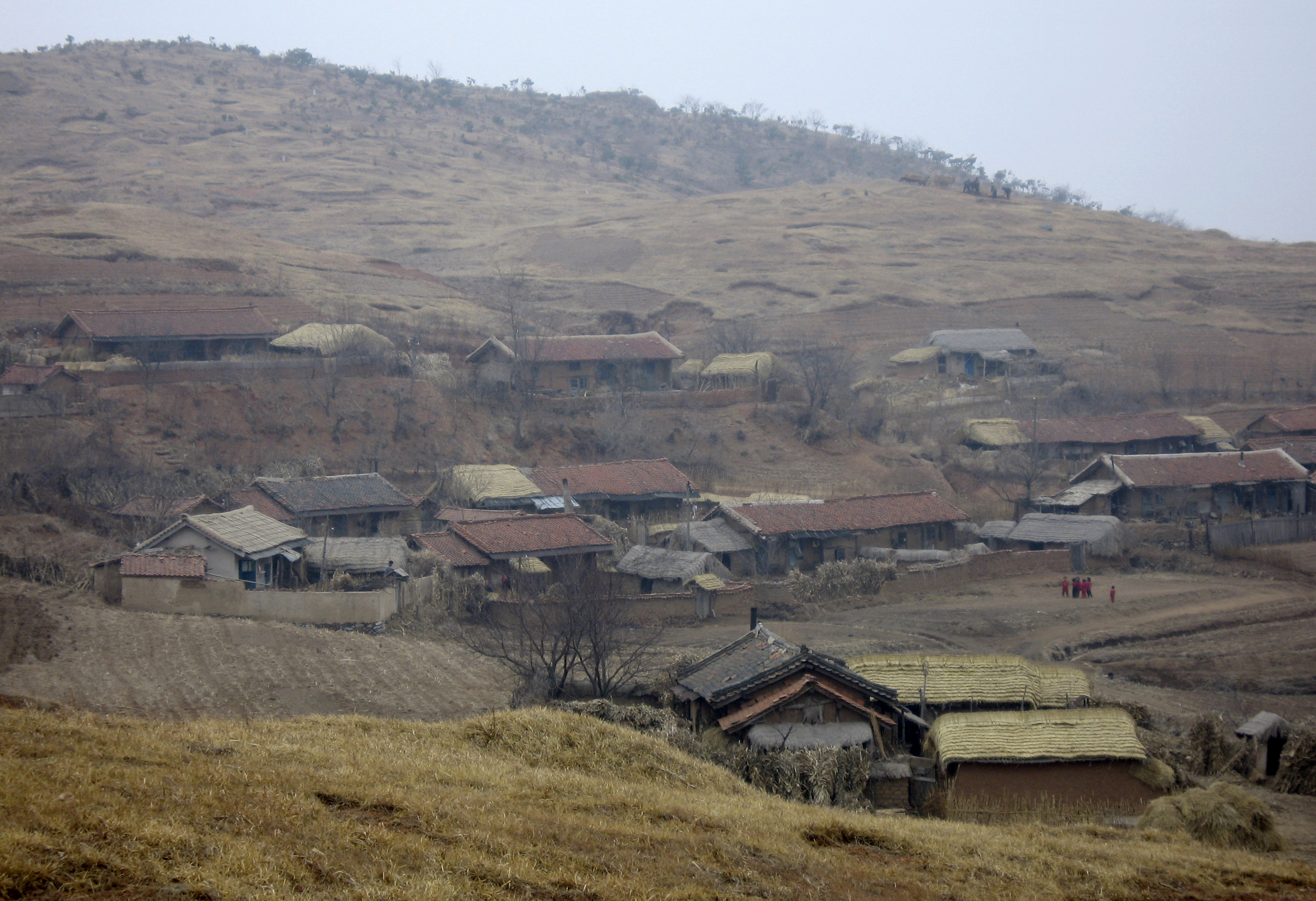
As political tension increases between North and South Korea, the head of a Swiss aid agency in Pyongyang says the number of people suffering from hunger is growing.
Katharina Zellweger, head of the Swiss Agency for Development and Cooperation (SDC) in the North Korean capital, says the situation is not as serious as 1995, when up to 3.5 million of 22 million people starved to death, but serious food shortages are again an issue.
Zellweger, who has lived in North Korea since 2006, was in New York to speak at the United Nations.
“You see more and more people pulling out roots, grass and other edible plants. Or they cut down trees and try to grow corn or potatoes in their place,” she told swissinfo.ch.
There is a divide between town and country, with the problem being particularly serious in urban areas, Pyongyang excepted.
“[In urban areas] life is especially hard because there is nowhere to grow plants,” she said, admitting that one needs a “trained eye” to spot signs of hunger as it isn’t obvious walking down the street.
“The extremely cold winter last year exacerbated the situation,” she added. “The spring harvest also suffered and many potato seedlings froze.”
She explained that the agricultural situation was made worse by the lack of fertiliser, in particular since South Korea stopped providing this assistance. China is now the sole supplier of fertiliser and fuel.
Bilateral aid projects
International food aid to North Korea has consistently shrunk in recent years. Many donor countries have either stopped or cut back their aid because they no longer want to support the dictatorship in Pyongyang led by Kim Jong-il.
Switzerland and Italy are now the only countries in Europe with bilateral aid projects with North Korea.
In addition to humanitarian aid, Switzerland is involved in agricultural cooperation and school programmes abroad.
“This is a chance to bring [North Koreans] out of their isolation and introduce them to some new ideas,” Zellweger said, pointing to a group of students from North Korea who are currently at Basel University, where they are learning about European integration.
The course includes visits to Strasbourg (seat of the European Parliament) and Brussels (the European Union), as well as Geneva, home of the United Nations and the International Committee of the Red Cross.
“We think that some new, unfamiliar ideas will rub off on people and in the long term this can help open new horizons.”
Operation garden market
In addition to school programmes, Switzerland has opened a small business school in Pyongyang.
“It’s a sort of ‘mini MBA’,” Zellweger said about the course in economic management. Students have to pass an exam and hand in a piece of work written in a group for which they get a certificate.
The Swiss agricultural projects in North Korea focus on biological pest control, above all on corn and cabbage. They also involve the stabilisation of land on hillsides which has been completely deforested, leading to soil erosion. People learn in user groups how to stabilise the slopes and create areas which can be used for cultivation.
The local population then use what they grow for themselves and can sell the products at market or barter with them.
Political tension
Zellweger freely admits that much remains to be done in North Korea and much could be done better.
“At any rate, change must come from within,” she said, adding that it would take a long time and a lot of money.
What’s more, she said political tension between the North Korean regime and the international community wasn’t making the situation any easier.
On Wednesday North Korea’s military vowed to retaliate for anti-Pyongyang signs posted at front-line South Korean army units, as rare talks between the rivals on a stalled joint tourism project broke down.
But she says this can’t distract from the fact that “a hungry child doesn’t know about politics” and that aid must continue.
Although Zellweger can’t say whether North Korea will be hit by a famine in the coming months – pointing out it’s impossible to say when a food shortage turns from chronic to acute – rationing for the most vulnerable members of the population has had to be reduced to a level below people’s daily nutritional requirements.
In April, during a visit to North Korea, ex-US President Jimmy Carter reported that one third of children there were malnourished and stunted in their growth because of lack of food.
Signs of change
But in addition to the return of a critical food situation, Zellweger has also noticed small signs of change.
“It happens very slowly – if you spend just a year or so in North Korea you can’t see it.”
She said the most visible signs of change were in Pyongyang. “You see more cars and more items of colourful clothing. There are also markets and a few consumer goods. Some people have a bit of money and there are also mobile phones, which makes communication easier.”
That said, this communication is seriously limited, she admits, since calls can’t be made abroad. She adds that the recent popular revolutions in North Africa and the Middle East were reported briefly just once by the state media.
Switzerland, along with Sweden, is a member of the supervisory commission which ensures compliance with the armistice between the two Koreas.
In the wake of the famine of the 1990s, Switzerland was one of the first to offer humanitarian aid.
And almost alone among donors, it subsequently turned its humanitarian commitment into a long-term development programme. The programme is run by the Swiss Agency for Development and Cooperation.
Much of the programme is specifically geared to improving agricultural output, but it is also aimed at integrating North Korea into the international community.
Swiss cooperation has been strongly criticised in parliament, and is to end after 2011.
Kim Jong-il’s third son, Kim Jong-un, whom many observers think will succeed his father, spent some of his teenage years at school near Bern.
(Adapted from German by Thomas Stephens)

In compliance with the JTI standards
More: SWI swissinfo.ch certified by the Journalism Trust Initiative
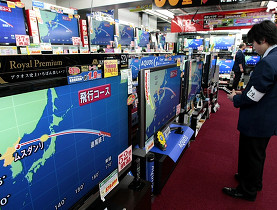
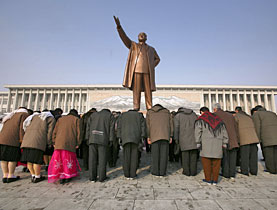
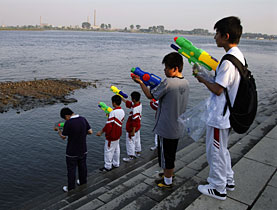
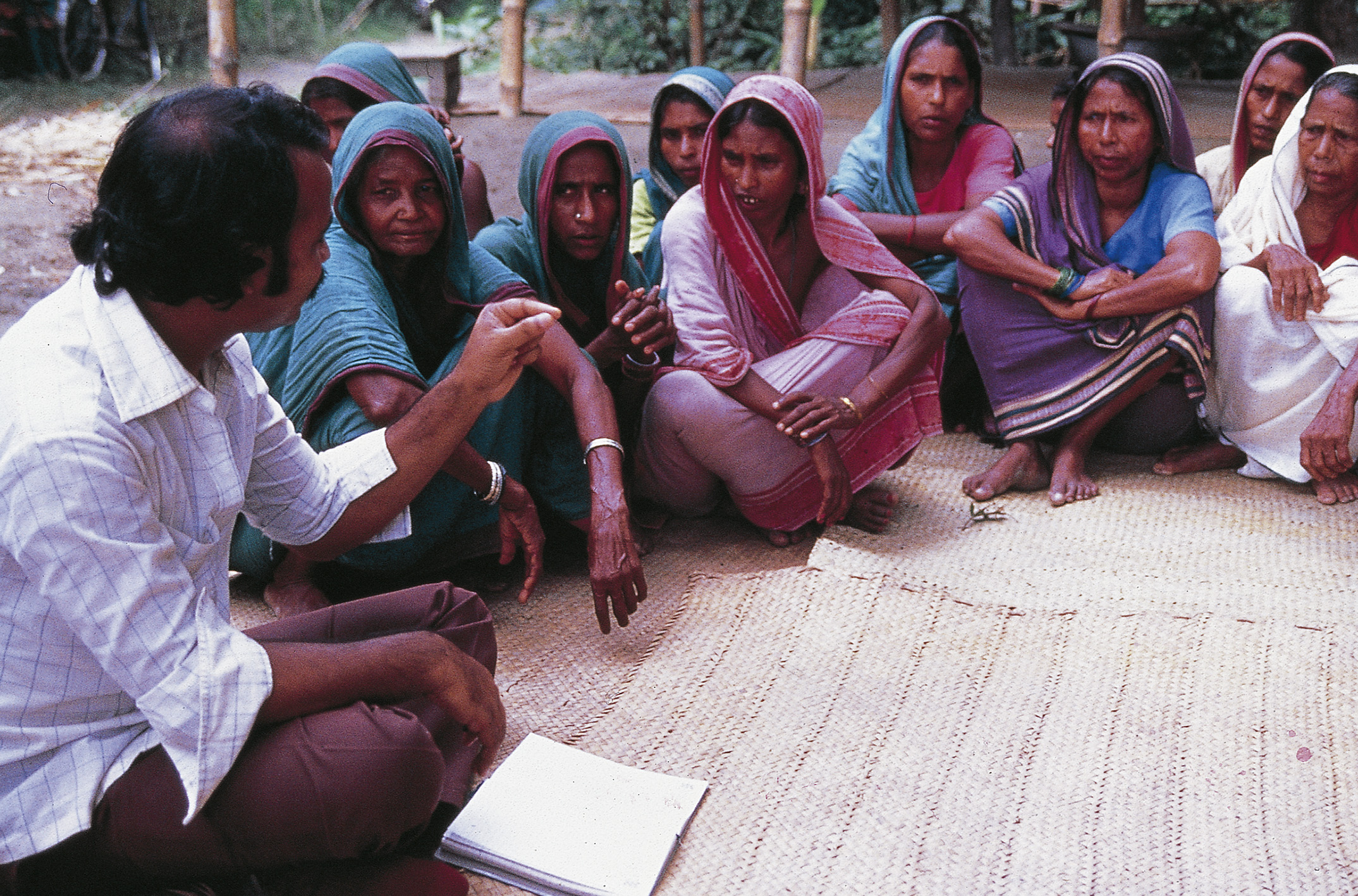
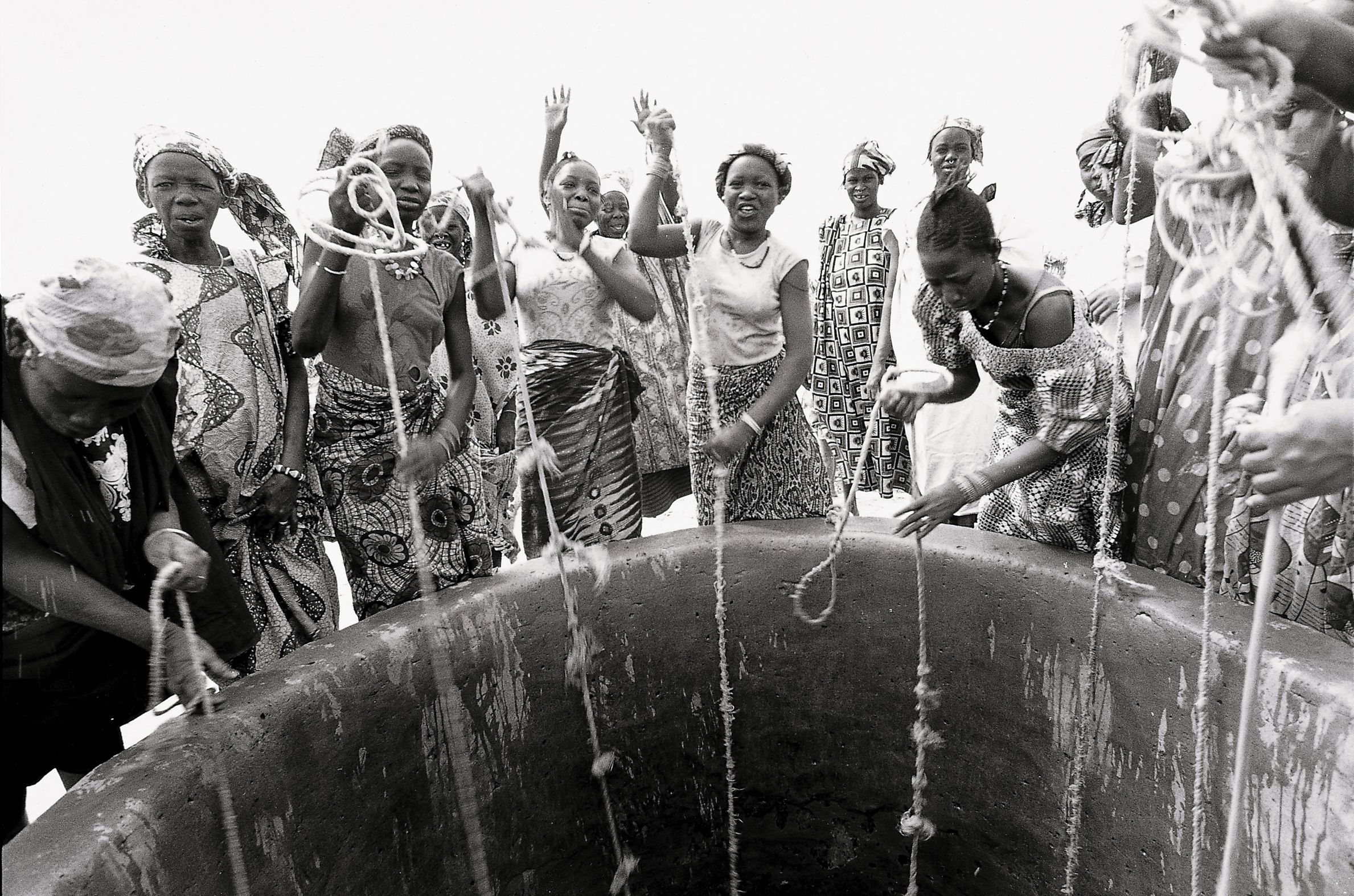
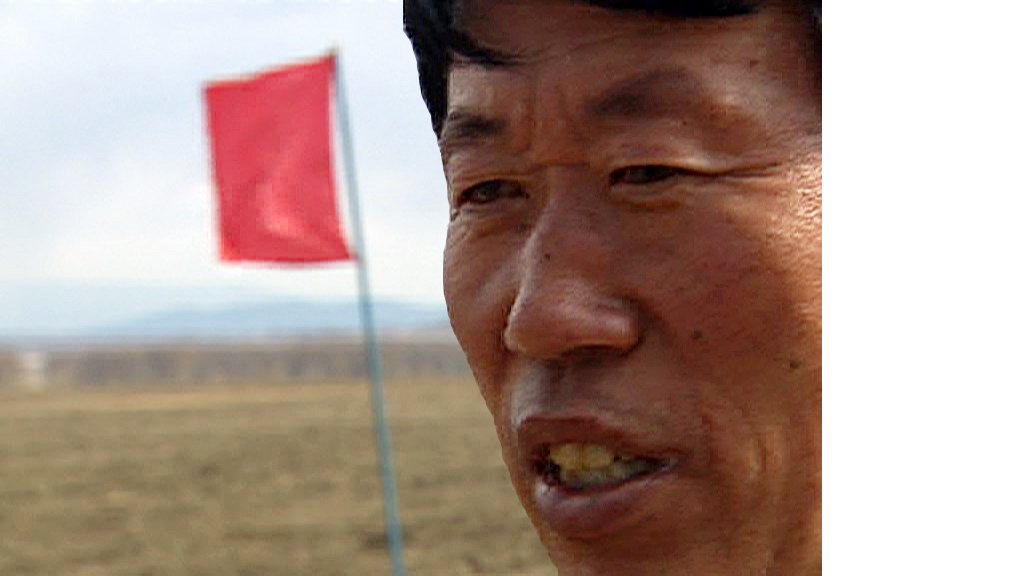
You can find an overview of ongoing debates with our journalists here . Please join us!
If you want to start a conversation about a topic raised in this article or want to report factual errors, email us at english@swissinfo.ch.